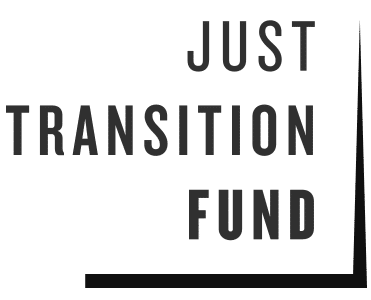
NATIONAL ECONOMIC TRANSITION
Crafted by community leaders, a policy framework for a just transition
The National Economic Transition initiative draws from coal communities’ experience to promote a shared vision for local economic revitalization.

Background
We launched the National Economic Transition (NET) initiative in early 2019, acting on the need for a coordinated response from Congress and the White House to the economic distress affecting coal communities.
The NET policy platform was developed collaboratively over the course of a year and a half by a diverse group of coal community leaders and local organizations. It was released in June 2020 with the endorsements of over 80 community economic development organizations, labor unions, and national nonprofits.
As a comprehensive set of solutions for coal community transition, the platform formed the basis for transition-related provisions in federal climate policy, reflective of the political environment of the time. It also put forth a framework for a robust transition program to be spearheaded by the president and federal agencies.
Planning Team Members

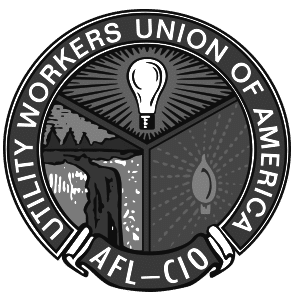


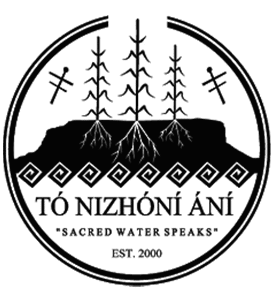
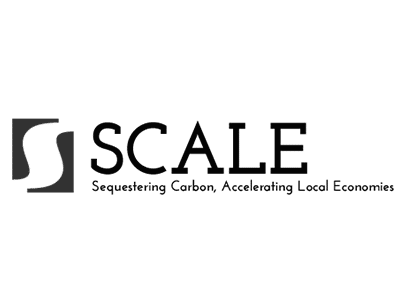
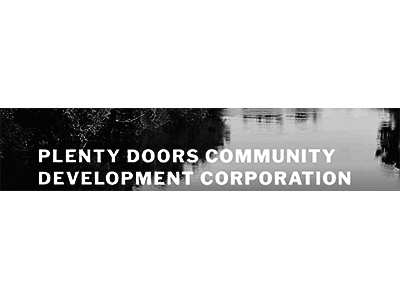
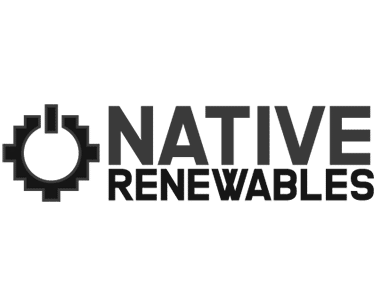
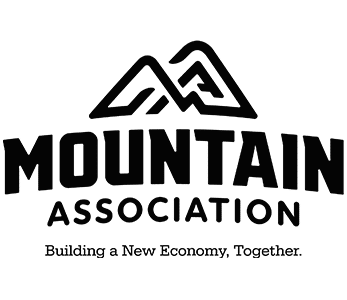
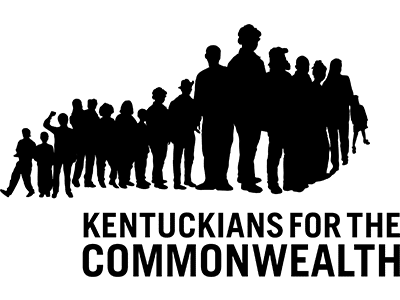
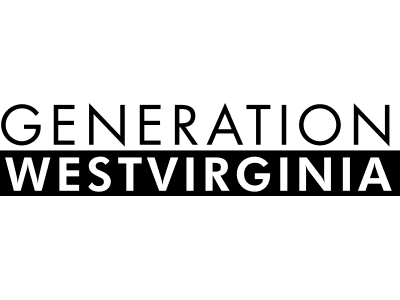

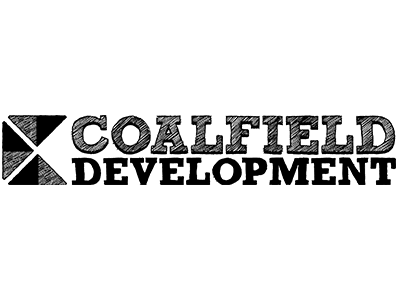

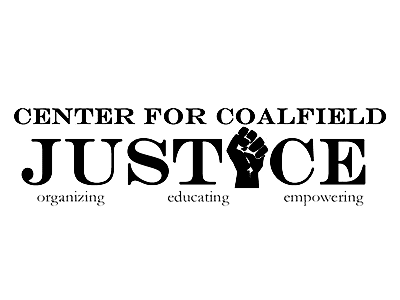
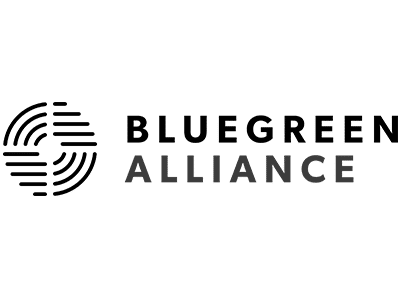
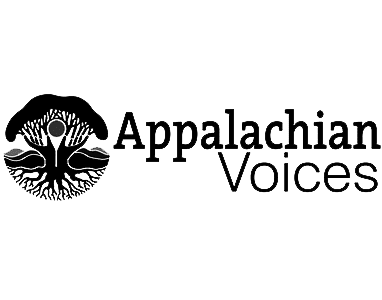
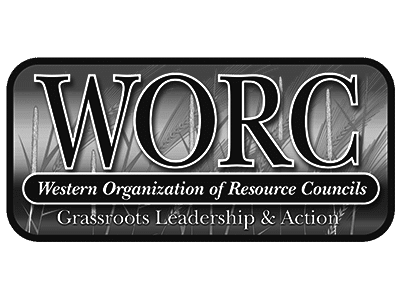
Historic Progress
Our community partners helped secure unprecedented levels of investment by Congress and motivated action on economic transition by the White House during the Biden administration.
Shortly after taking office, President Joe Biden created the Interagency Working Group on Coal and Power Plant Communities and Economic Revitalization following the NET Coalition’s call for a federal task force.
Recommendations by the White House Environmental Justice Advisory Council reflected proposed NET priorities, and contributed to executive action on clean energy and broadband access in rural communities.
The U.S. Economic Development Administration pledged $300 million in American Rescue Plan funding to projects that would create new jobs in coal communities. The agency far exceeded that commitment, and announced in fall 2022 that it invested $552 million.
Billions of dollars in the 2021 Infrastructure Investment and Jobs Act advanced NET priorities—like expanding broadband and cleaning up abandoned coal mines. The law also boosted funding for the Appalachian Regional Commission by $1 billion over five years.
The 2022 Inflation Reduction Act permanently extended a tax on coal that funded benefits for miners suffering from black lung disease and included billions of dollars to make clean energy more affordable for rural electric cooperatives.
Seven Pillars of Policy Action
The National Economic Transition platform highlighted seven pillars of workforce and economic development solutions that federal policymakers should prioritize.
Local Leadership
Invest in local leaders to help communities plan and respond.
Restorative Economic Development
Invest in entrepreneurs and small businesses to grow diverse economic sectors that foster more resilient communities, improved public health, and restored ecosystems.
Workforce
Provide a broad system of support for workers and viable pathways to high-quality, family-sustaining jobs.
Reclamation
Reclaim, remediate, and repurpose coal sites to create jobs while restoring the land and protecting clean water.
Infrastructure
Invest in physical and social infrastructure to stimulate economic development and build a foundation for local prosperity.
Bankruptcy
Protect workers, taxpayers, and the environment amid a pattern of coal bankruptcies.
Coordination and Access
Empower communities by improving access to federal resources.
Learn More
Visit the National Economic Transition website to read the full platform.
